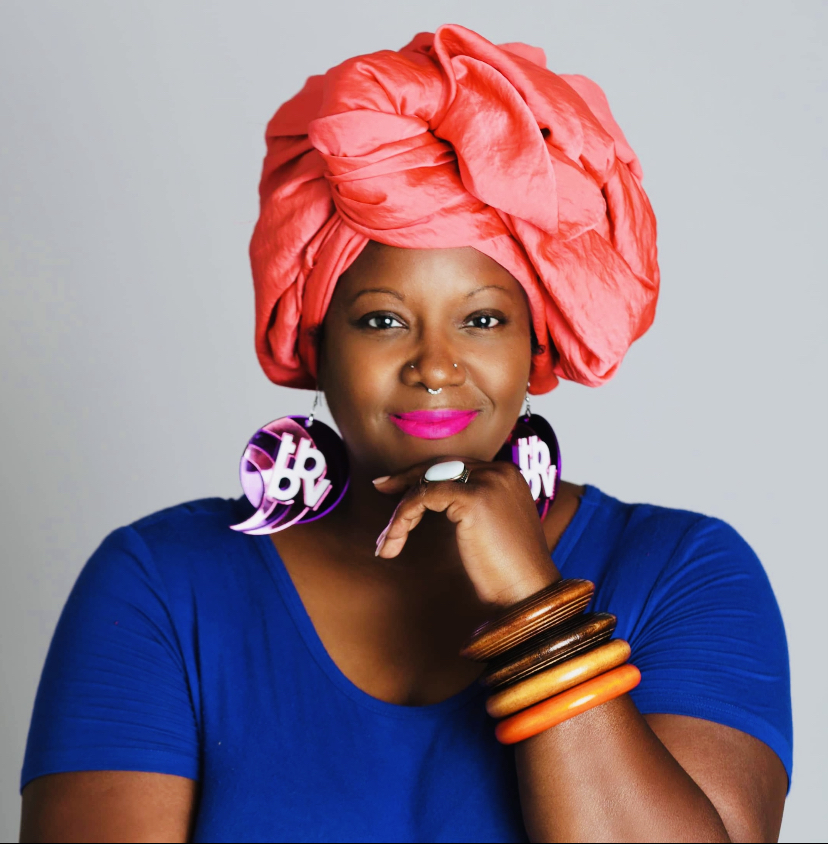We caught up with the brilliant and insightful Erin Patrice a few weeks ago and have shared our conversation below.
Hi Erin, so excited to have you with us today and we are really interested in hearing your thoughts about how folks can develop their empathy? In our experience, most folks want to be empathic towards others, but in a world where we are often only surrounded by people who are very similar to us, it can sometimes be a challenge to develop empathy for others who might not be as similar to us. Any thoughts or advice?
Conditions? I’m thinking about this, deeply. For one, I was raised to care about people not based on certain attributes, demographics, or ideas but people. I also know how it is to not be cared about. I know that feeling oh too well and it doesn’t feel good so why would I want to impart that feeling on another? It just doesn’t make sense to me. Between the morals and ideas I was raised with, natural instincts to nurture, and lessons I’ve personally learned in life are conditions that have developed empathy within me.
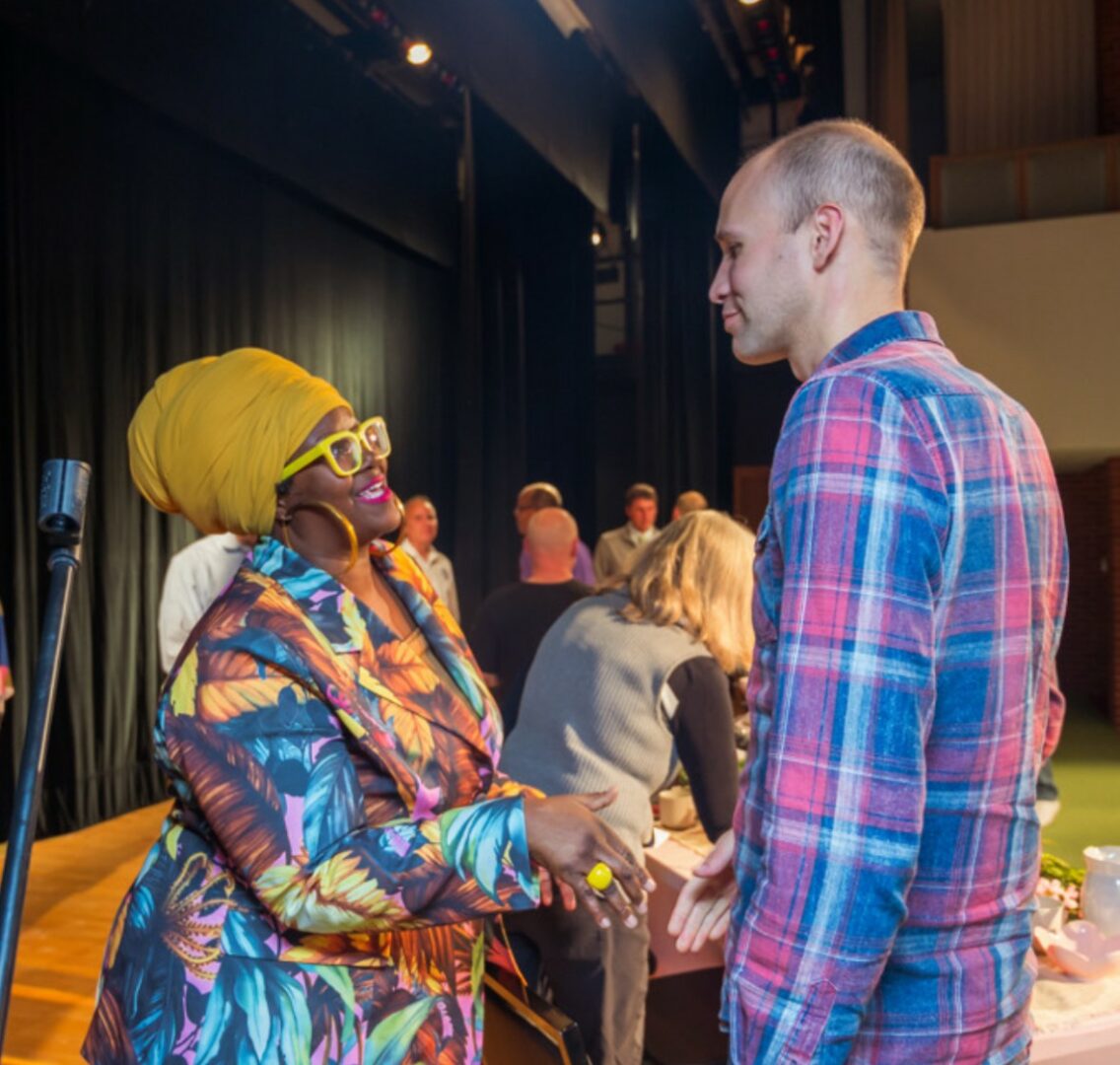
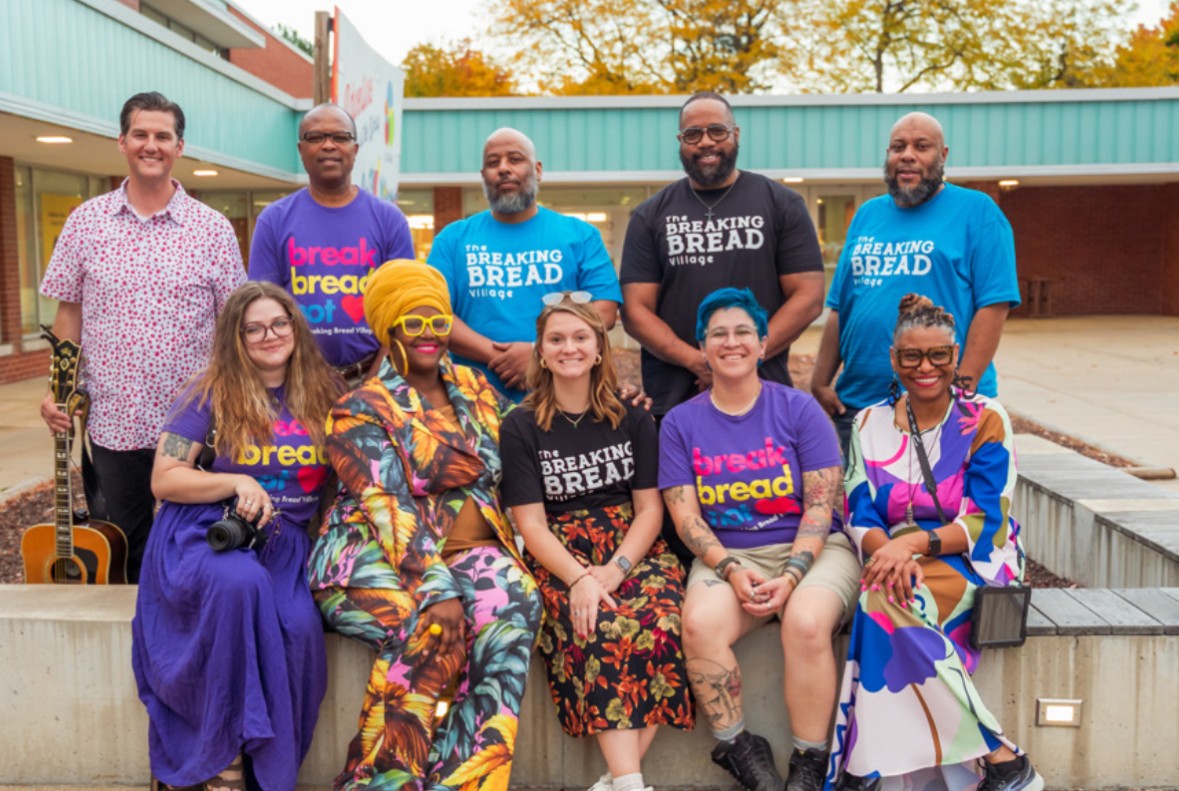
Great, so let’s take a few minutes and cover your story. What should folks know about you and what you do?
Greetings! My name is Erin Patrice. I am a wife, mom, sister, and daughter, and the heart behind the Breaking Bread Village—a nonprofit I was fortunate to start in 2020. A big part of who I am is as a conversationalist and heart specialist; I’m passionate about connecting with people and bringing them together. I strongly believe in the power of healthy, intentional dialogue to bridge divides and create understanding, no matter our backgrounds, experiences, or beliefs.
The work we do through The Breaking Bread Village is especially meaningful to me because I witness the transformative impact it has on people’s lives. There’s something truly magical about seeing change unfold in real time as individuals open up and share their stories.
Beyond my work with the Village, I have the honor of being a keynote speaker, workshop facilitator, and presenter. This role allows me to connect with incredible people—both in my community and beyond—who are committed to making a difference. I feel privileged to work alongside educators and changemakers who believe in building others up and sowing seeds for a better future.
In the coming year, I’m excited to expand my reach by sharing my course, The Heart of Leadership, with more students in underserved communities. I’m deeply grateful for the opportunities I’ve had and look forward to those yet to come.
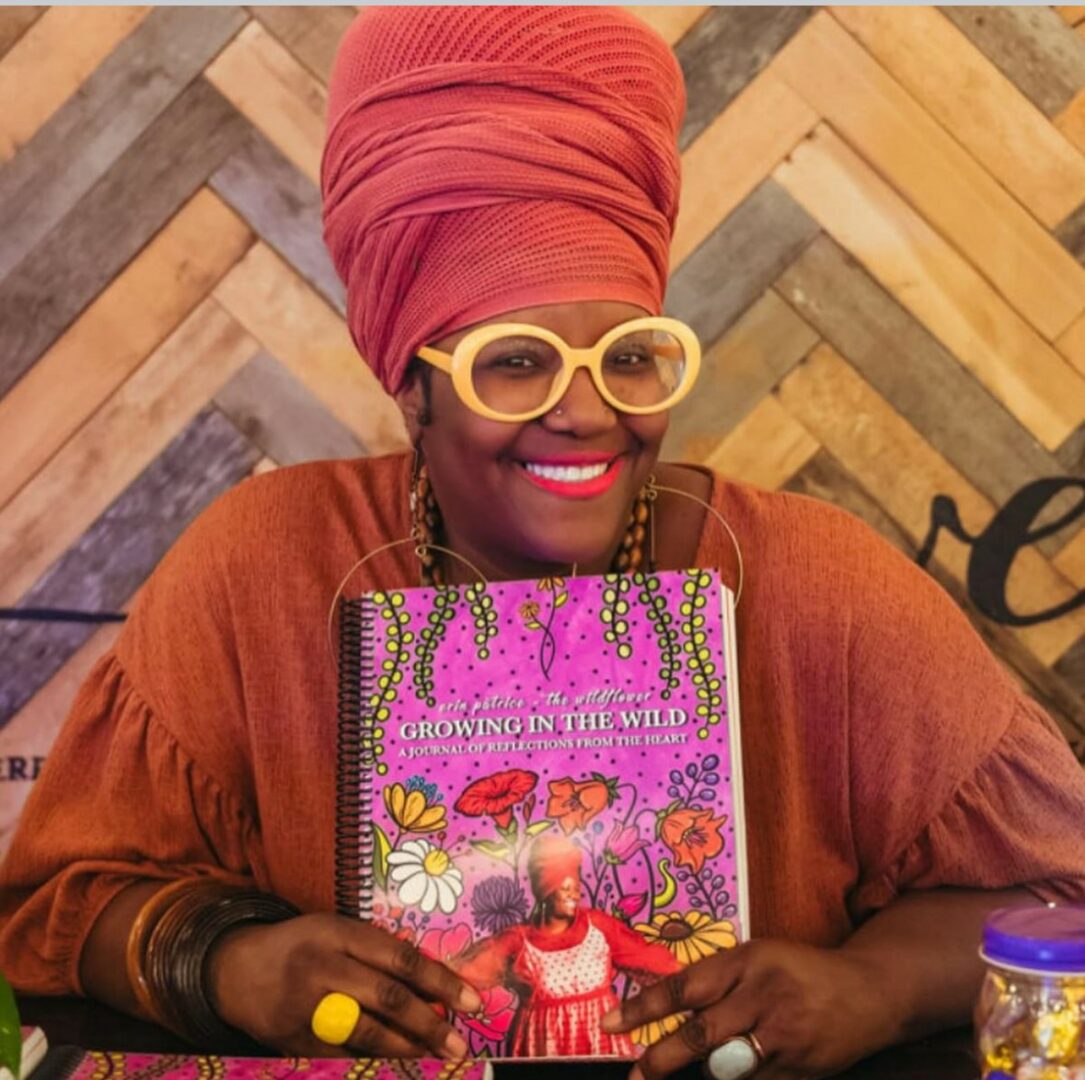
If you had to pick three qualities that are most important to develop, which three would you say matter most?
The three qualities or skills that have been most impactful in my journey are practicing empathy, embracing my natural gifts, and being okay with pivoting—even if it means walking alone. I guess that’s technically four, but those last two go hand in hand.
My advice is simple: give what you want to receive. If you want others to show you empathy and compassion, you have to give it, too. Empathy has helped me forgive and accept others for who they are, and it’s also given me the grace to let people go. It’s not always easy to accept when someone’s season in your life is over. Sometimes, people aren’t ready to grow with you, or they may not be able to love you in the way you need at that point in your life. And that’s okay. We all grow at different paces and see things differently as we evolve. It’s okay to acknowledge that the time you shared served its purpose, and now it’s time to move forward separately. Compassion allows me to love deeply and build connections, and it’s what fuels my work in the community and in my personal life.
The second skill is accepting my natural gifts. I believe everyone has unique talents that come naturally to them. We all have things we’re just good at, and it’s not bragging—it’s being self-aware. Once I became comfortable saying, “I’m really good at that,” life changed. I no longer felt the need to prove or justify myself. When we recognize our strengths, it boosts our self-esteem and removes the need to compete. If everyone leaned into their natural gifts, we’d build stronger communities, reduce competition, and get things done more effectively.
And finally, it’s okay to pivot—which to me simply means it’s okay to change your mind. We don’t owe anyone an explanation for why, and we don’t need to stick to a path that no longer serves us just to meet others’ expectations. Life is a journey, and sometimes the direction we thought was right no longer feels aligned with who we’re becoming. Embracing the freedom to pivot is about giving ourselves permission to explore new directions, to shift our goals, and to keep evolving without feeling guilty or hesitant.
Pivoting also means recognizing that growth isn’t always linear. Sometimes, the best way forward is to step into the unknown, even if it’s uncomfortable or goes against what we initially envisioned. When we allow ourselves the flexibility to pivot, we open up possibilities we might not have seen otherwise. It’s a powerful act of self-trust, a reminder that our journey is our own—and that it’s okay if it doesn’t look like anyone else’s.
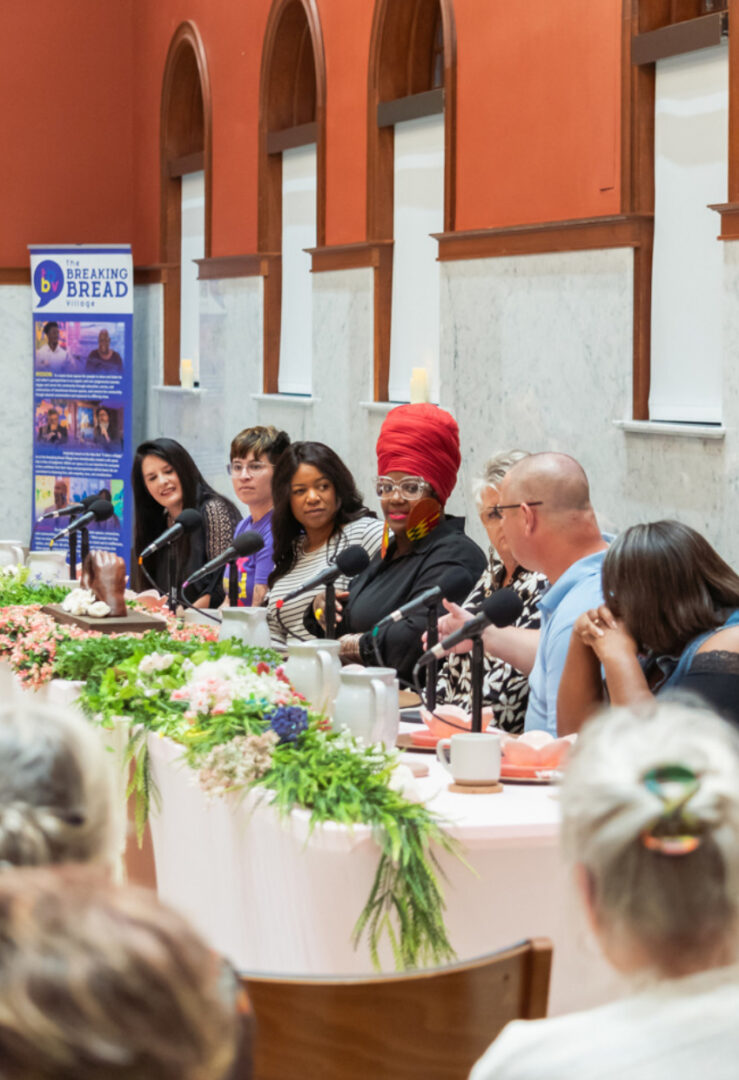
Any advice for folks feeling overwhelmed?
When I feel overwhelmed, I take a moment to breathe, pause, and reflect. I start by focusing on my breath, which helps me center myself and be fully present. This grounding lets me tune into my feelings and surroundings with intention. I ask myself: How does my body feel right now? How is my heart feeling? What does my environment look like? By becoming aware of these details, I can better understand what might be triggering this feeling. Was it a particular smell, a sound, or something someone said or did?
This awareness is key to preventing future overwhelm. If I can identify the cause, I might be able to address it or at least recognize when it’s happening again. Knowing what sets off these feelings gives me the chance to respond proactively, whether by stopping or finding ways to treat it.
Finally, I reflect. Was there something I did or said that contributed to this feeling? How can I grow from this experience? This process helps me learn, adapt, and become a better version of myself.
Contact Info:
- Website: https://tbbv.org
- Instagram: https://www.instagram.com/thebreakingbreadvillage/
- Facebook: https://www.facebook.com/Thebreakingbreadvillage
- Linkedin: https://www.linkedin.com/in/erin-patrice-the-breaking-bread-village-390a8422a
- Youtube: @thebreakingbreadvillage3269
- Other: Email- village@tbbv.org
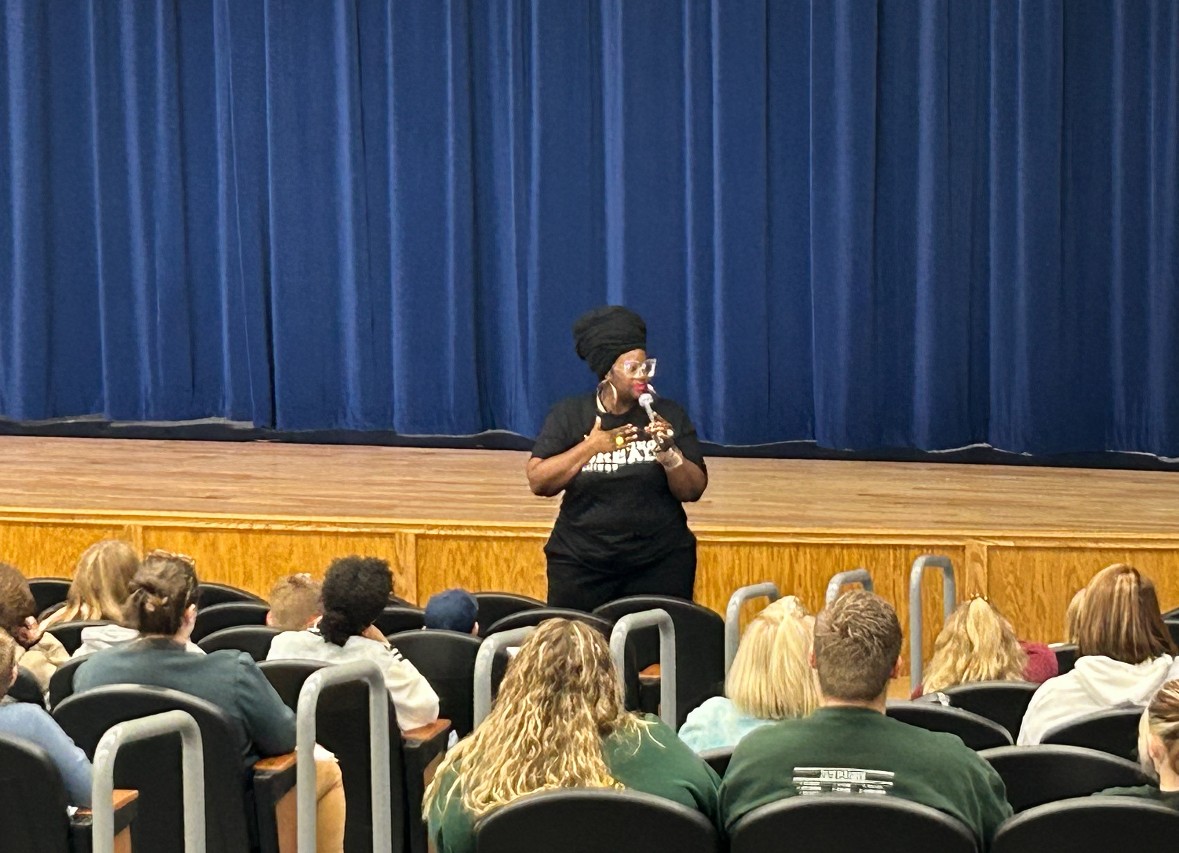
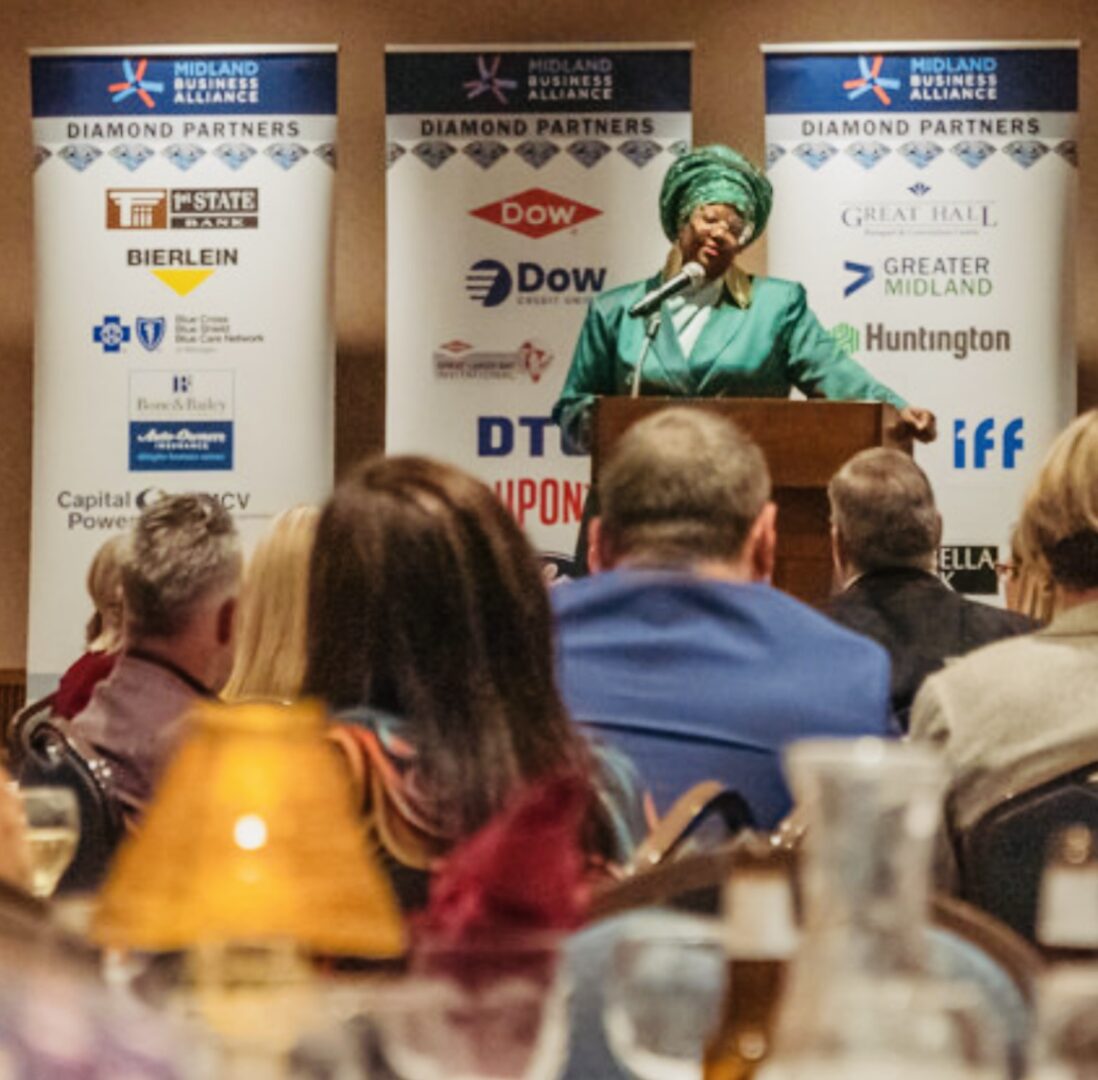
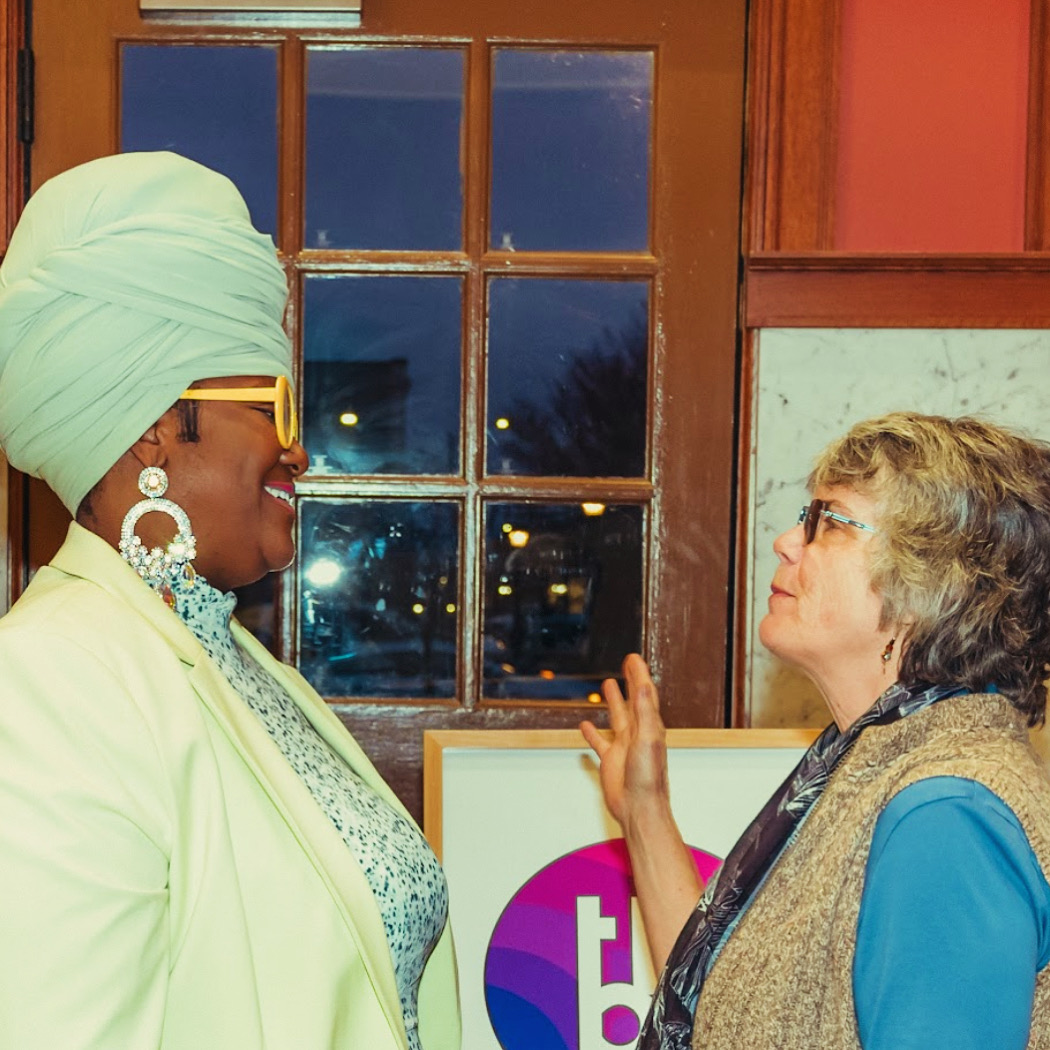
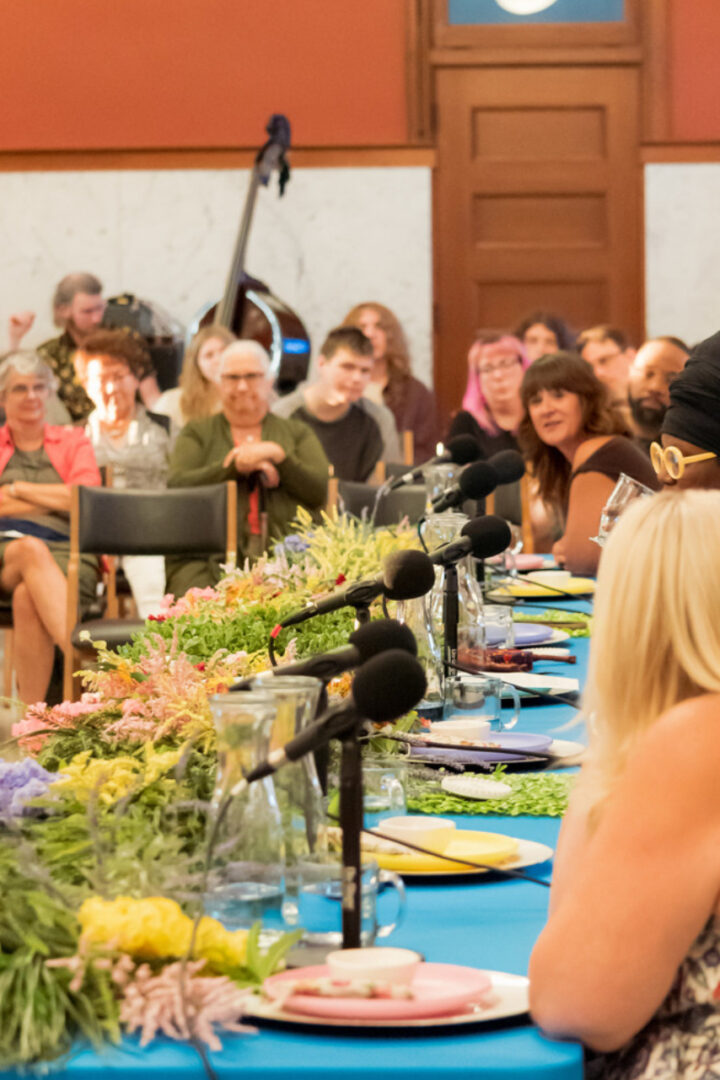
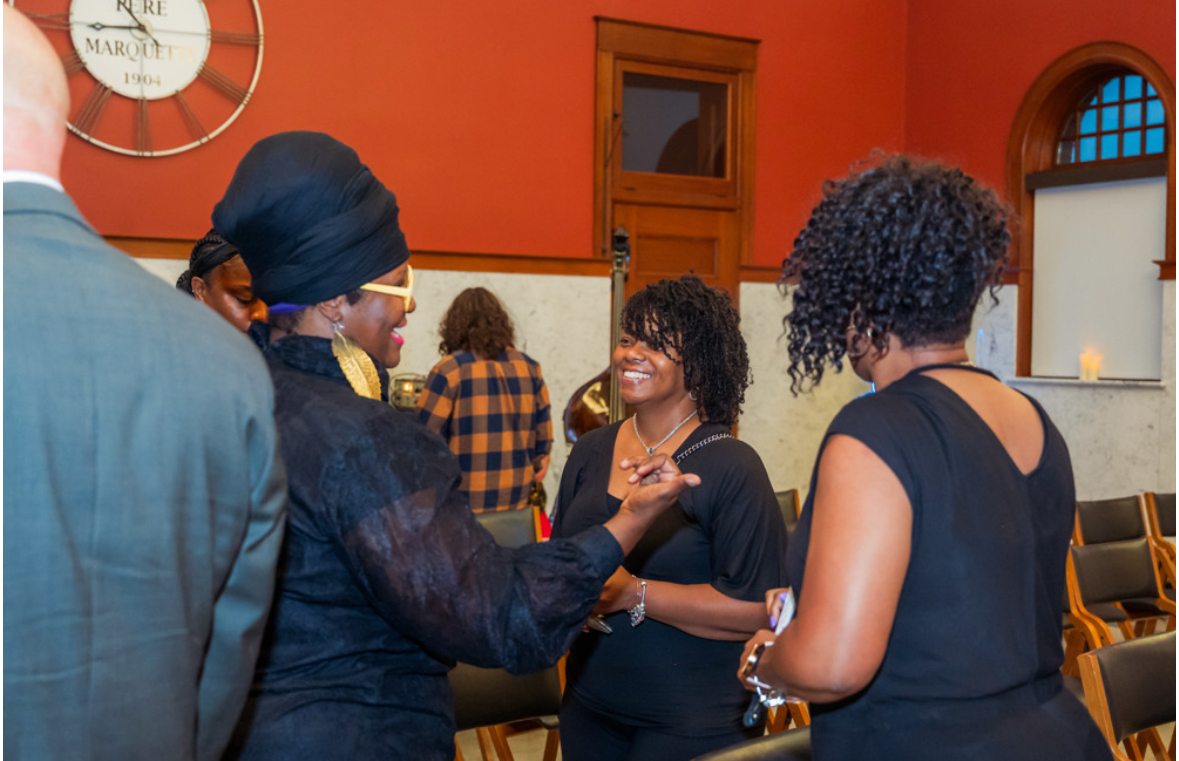
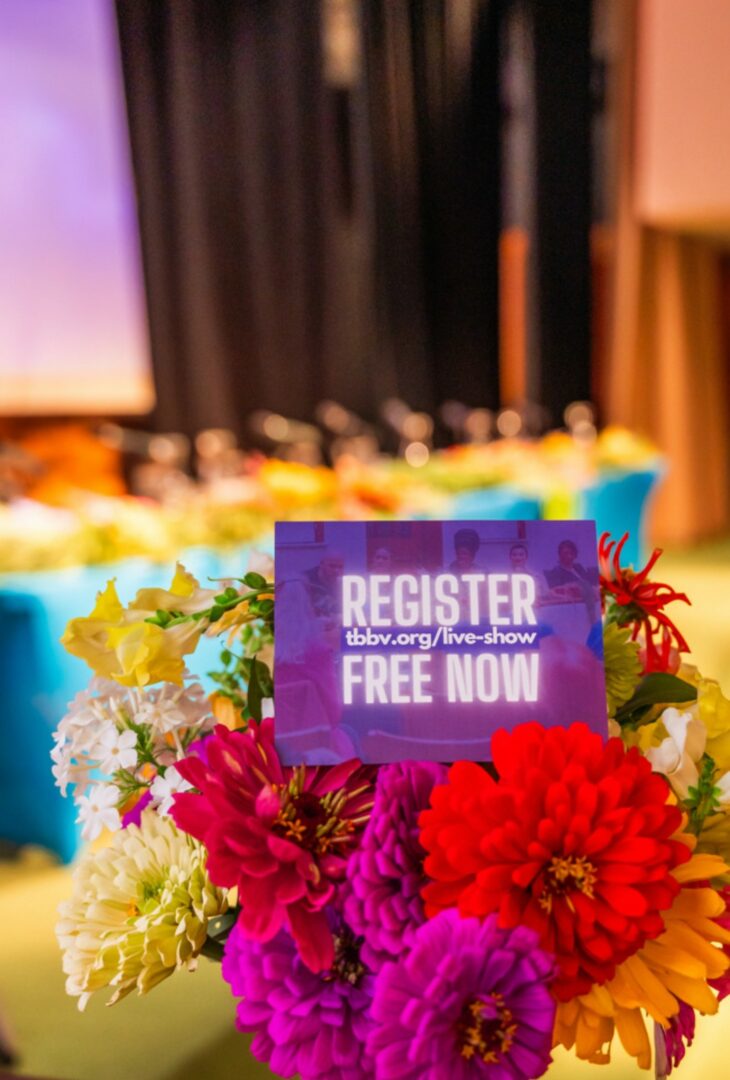
Image Credits
Cudabeara Fine Art and Photo
Captured Photography
so if you or someone you know deserves recognition please let us know here.

